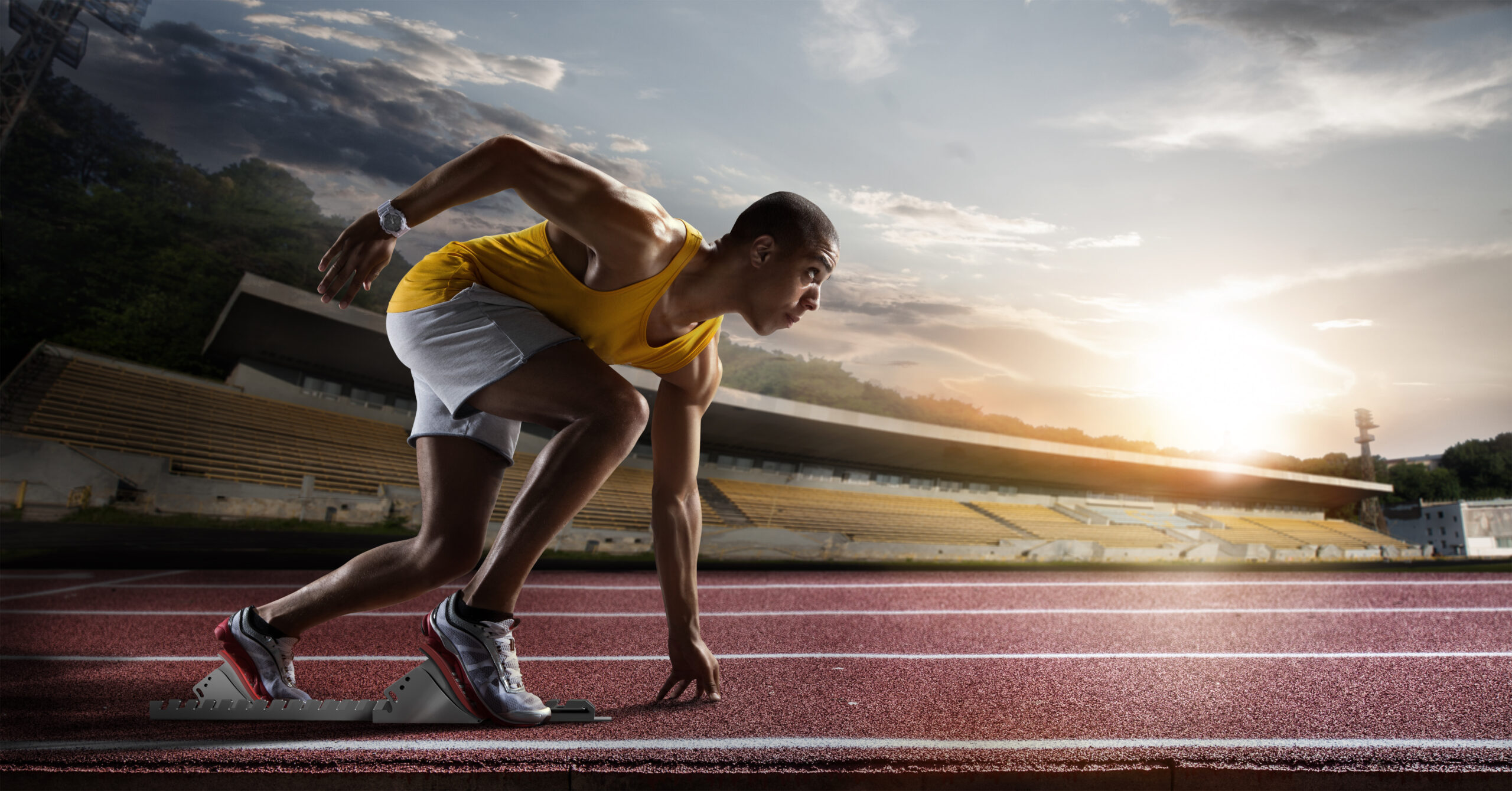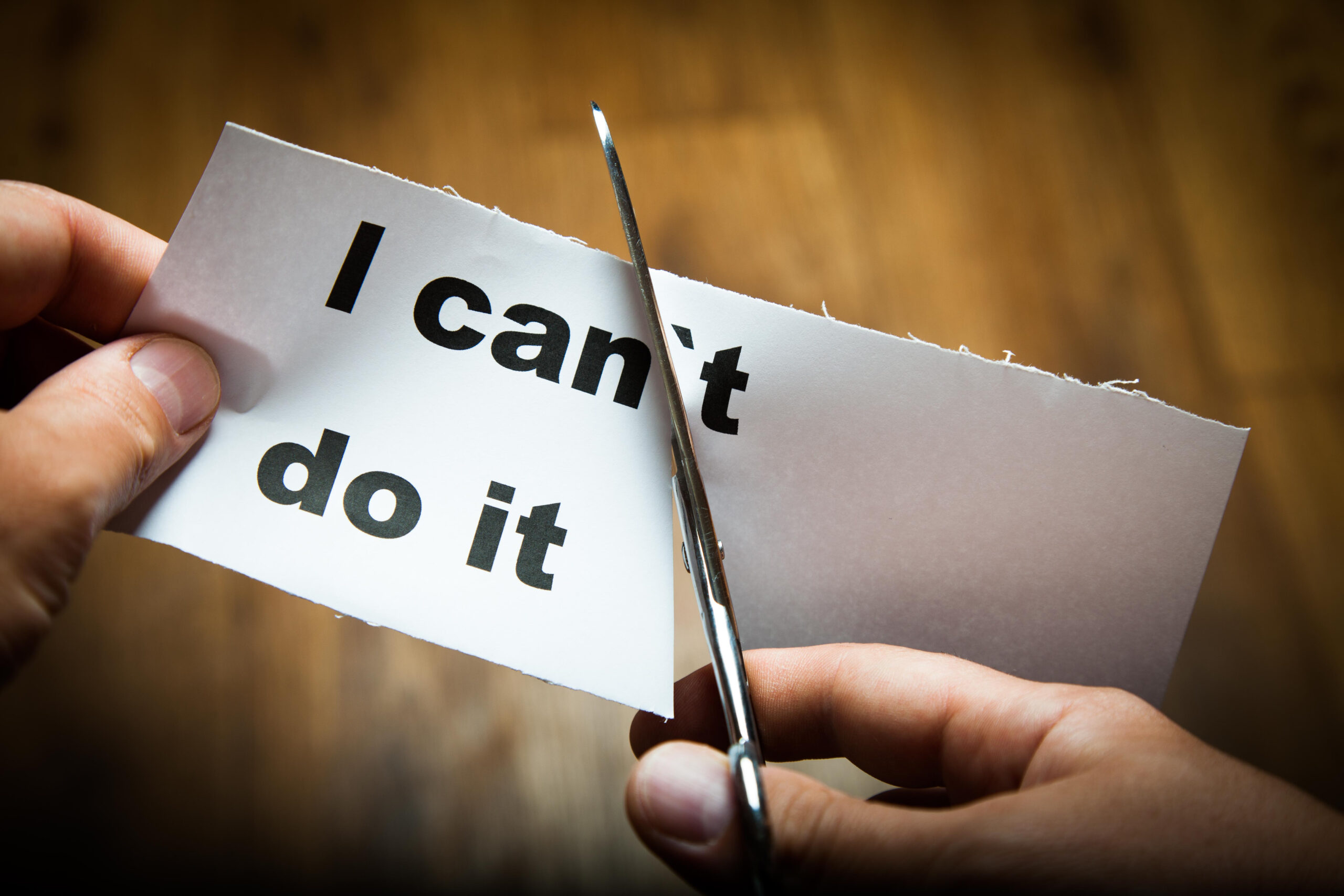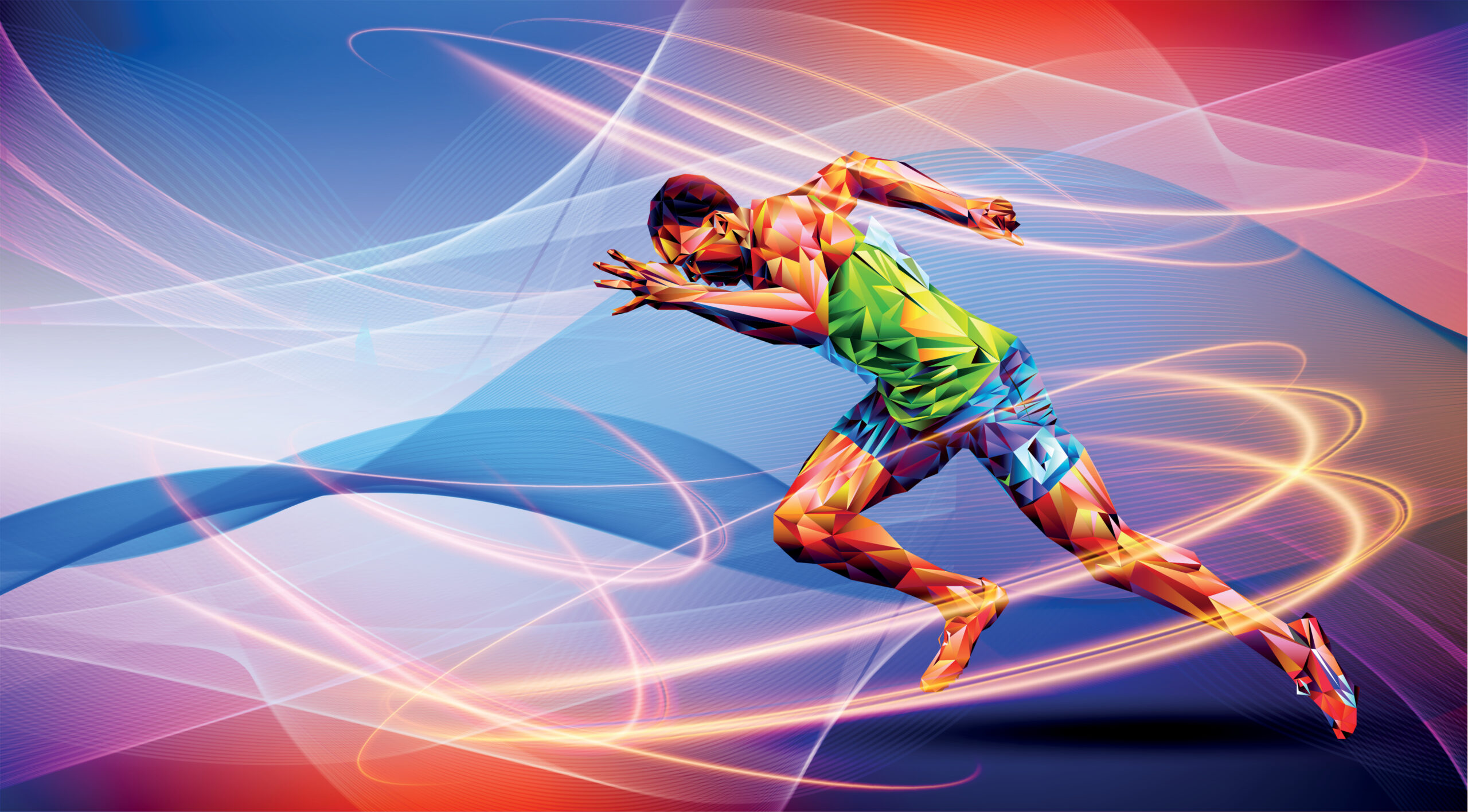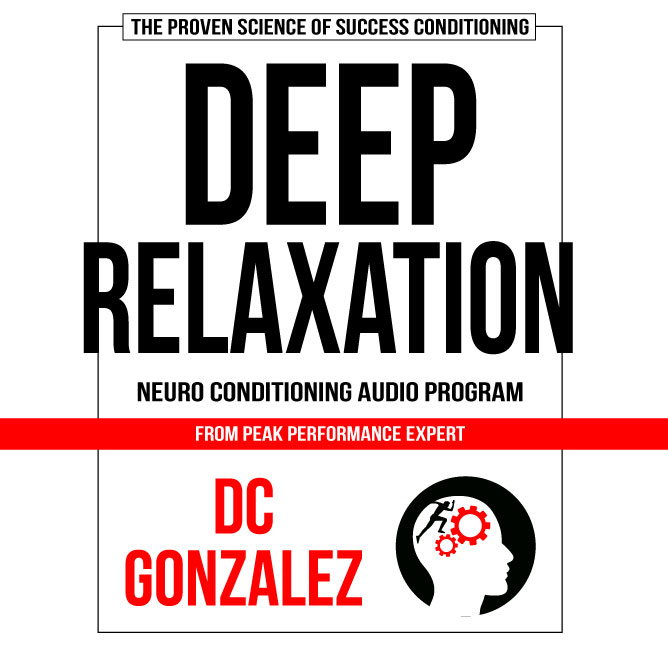As a competitive athlete, it is only natural to experience a modicum of apprehension prior to a big game or competition. Yet, for some athletes, such nerves can metamorphose into a generally debilitating form of anxiety that wreaks havoc on their performance. This variety of anxiety, commonly referred to as performance anxiety, is a generally pervasive issue that plagues athletes at all levels.
Thankfully, there certainly exist tactics that athletes can employ to surmount performance anxiety and attain optimal performance. These strategies have been substantiated by research and have been crafted by the preeminent thought leaders in the self-improvement, sports coaching, and peak performance spheres.
For instance, Carol Dweck, a psychology professor at Stanford University and author of the book “Mindset,” has exhaustively scrutinized the criticality of fostering a growth mindset to achieve success. In the sports coaching industry, experts like Nick Winkelman, the head of athletic performance and science at the Irish Rugby Football Union, underscore the significance of mindfulness and visualization techniques in aiding athletes in performing at their best.
Through the integration of these strategies into their training and competition regimens, athletes can efficiently regulate their performance anxiety and attain their full potential. So let us delve into the top strategies for triumphing over performance anxiety and acquire knowledge on how athletes can perform at their utmost.
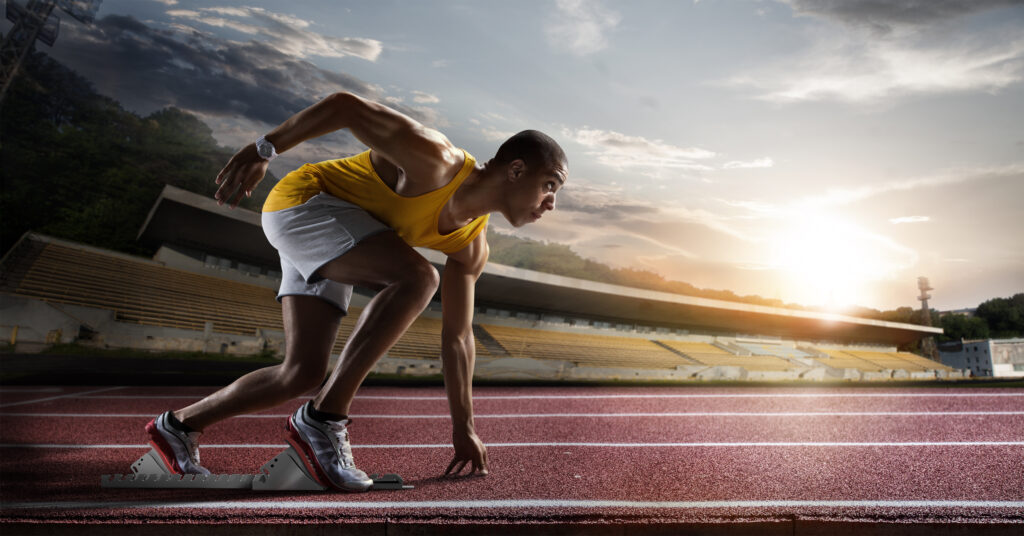
Understanding Performance Anxiety
Performance anxiety is a perplexing and enigmatic form of anxiety that rears its head when individuals are subject to scrutiny or evaluation, such as in a competition or performance setting.
It is a disquieting state characterized by a hyperactivated physiological response that can lead to physical manifestations like excessive sweating, an elevated heart rate, and muscle tension. Moreover, it can also evoke cognitive symptoms, such as self-doubt, negative thoughts, and an intense fear of failure.
When threatened, the fight-or-flight reflex kicks in. High-pressure tournaments often cause this behavior. Athletes may feel overwhelmed and anxious. The sympathetic nervous system controls the fight-or-flight response, which increases heart rate, breathing, and muscle tension.
Notably, negative self-talk and perfectionism are factors that contribute to performance anxiety. The detrimental voice in an athlete’s mind that belittles their abilities and fosters a fear of failure is referred to as negative self-talk. Perfectionism is the unwavering conviction that errors and flaws are unacceptable. Certain cognitive patterns can enhance performance anxiety.
It is imperative for athletes to comprehend the underlying causes of performance anxiety to effectively manage it. By recognizing the symptoms and stimuli that provoke performance anxiety, athletes can certainly begin to devise tactics to combat it and ultimately perform at their highest level.

Strategies for Overcoming Performance Anxiety
- Grow your mind
One must believe their abilities can be developed via a focused effort to do so. This adjustment in attitude helps athletes see setbacks as lessons.
- Positive self-talk
Self talk is another powerful tool in the arsenal of the athlete. By replacing negative self-talk with affirmative language, athletes can boost their confidence and mental fortitude.
- Visualization
Visualization is another technique that can help athletes prepare for competition. By mentally rehearsing their performance and visualizing success, athletes can build their confidence and significantly reduce anxiety. The power of visualization lies in the mind’s ability to manifest reality. The more vividly an athlete can see themselves succeeding, the more likely it is to become reality.
- Mindfulness
Mindfulness is a powerful practice that can help athletes stay present in the moment and observe their thoughts and feelings without judgment. By practicing mindfulness techniques like deep breathing and body scanning, athletes can calm their minds and reduce anxiety.
- Lower Anxiety and Increase Self-Assurance
Athletes can create a sense of control and agency over their performance if they pay attention to the process at hand and establish goals that are within their reach.
- Relaxation techniques
Progressive muscle relaxation and meditation can also be used to reduce muscle tension and anxiety. By taking time to relax and destress, athletes can cultivate a sense of inner peace and clarity that will serve them well in competition.
- Seeking support from coaches, sports psychologists, or trusted friends
Can be a powerful tool in managing performance anxiety. Having a support system in place can help athletes cope with anxiety and build confidence.
By incorporating these strategies into their training and competition routines, athletes can unlock the power of the mind and overcome performance anxiety. With a little dedication and hard work, anything is possible.
Additional Tips for Overcoming Performance Anxiety
Here are some ways that athletes can beat performance anxiety and improve their performance:
- Practice positive visualization: In addition to visualizing a successful performance, athletes can certainly take it up a notch by visualizing themselves overcoming insurmountable obstacles and challenges. This can help them cultivate resilience and prepare for unpredictable situations.
- Rest: Sleep is essential for mental and physical wellness. To be ready for competition, athletes should specifically sleep seven to eight hours per night.
- Keep your body fed and moisturized: Adequate diet and hydration are vital for top performance. Athletes need lots of water and a balanced diet to perform well.
- Embrace failure as a learning opportunity: Every athlete is bound to face failure at some point in their career. Rather than letting it weigh them down, athletes should view failure as an opportunity to learn and grow. By embracing failure, athletes can enhance their resilience and boost their performance.
- Have a pre-performance routine: A pre-performance routine can anchor athletes to a sense of normalcy, making them feel more grounded and especially prepared for competition. This routine might include specific warm-up exercises, visualization techniques, or breathing exercises.
By integrating these mental training tips into their performance anxiety management plan, athletes can take their mental and physical preparation to the next level and triumphantly reach their goals.
Conclusion
In conclusion, the formidable challenge of performance anxiety can present a daunting roadblock for athletes who strive for greatness in their pursuits. Nevertheless, there are numerous tactics and resources at their disposal that can empower them to skillfully mitigate their anxiety and ultimately excel. By embracing a growth mindset, utilizing positive self-talk, envisioning triumphant outcomes, practicing mindfulness, establishing attainable benchmarks, employing relaxation methods, and seeking assistance, athletes can cultivate their self-assurance and minimize their apprehension.
Athletes must bear in mind that triumphing over performance anxiety is a gradual and arduous process that demands ardent devotion and persistence. By assimilating the recommendations and approaches outlined in this discourse into their training and competitive regimens, athletes can fortify their mental tenacity and resilience, prerequisites for achieving distinction.
It is crucial for athletes to recognize that performance anxiety is a generally universal phenomenon that plagues every athlete at some juncture in their career. The key to victory lies in formulating efficacious coping mechanisms and a generally robust support structure that can aid in regulating their anxiety and realizing their aspirations. With the proper mindset and methodology, athletes can surmount their performance anxiety and prevail in their athletic pursuits.
